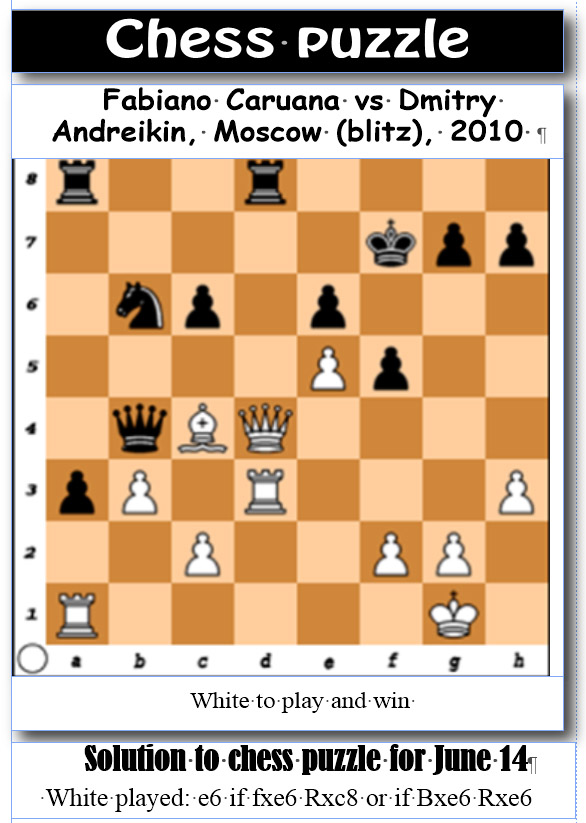In the long, fluctuating history of chess, since it was first discovered in India some time around 6 AD, the number of heads-of-state who are familiar with the game becomes noticeable. That chess has been called the “royal” game, is, perhaps, not a coincidence. At times, heads are imitated by their foreign and defence ministers in recognition of the game and its limitless possibilities. Such a scenario is understandable since chess has embedded itself into the world’s culture and vocabulary. Ideas, terms and images have long been used as proxies for intelligence.
At various points in history, chess became a powerful analogy for, and featured prominently in, global politics. Bobby Fischer is the most famous example of this occurrence. While he became a hero and legend for his chess-playing abilities, and reanimated chess with new courage and radical ideas, Fischer simultaneously became valuable to American politics. At the pinnacle of the cold war, when the ignominious Berlin Wall was still in place, Fischer’s defeat of Soviet world chess champion Boris Spassky demonstrated to the world that the idea of the American free market system was more than likely superior to Soviet communism.
Supposedly, whether playing chess is important to world politics or not, its adherents seem to be deep political thinkers. Consider a few examples: in Guyana Forbes Burnham and David Granger both played chess at Queen’s College and both were accomplished, staying with the game long after their formative chess-playing years. Both placed their mark on the structure of local chess. And both became heads-of-state and

